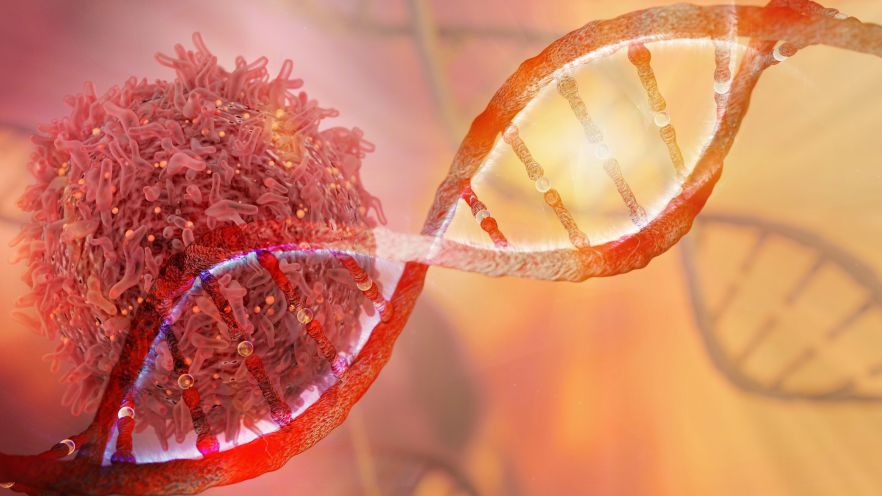Modelling Dynamics of DNA in Cancer
Weini Huang (together with international collaborators) uses stochastic dynamics and complex systems approaches to model cancer progression and biodiversity maintenance. One of her recent research projects was using spatial models to test the hypothesis whether there is a stem cell niche in the regrowth of liver tissues by comparing their model with patient data. Weini’s research is supported by a major grant from Cancer Research UK.
In a recent paper, published in Nature Genetics (2022), she concentrates (together with international collaborators) onto the role of extrachromosomal DNA, which is present in 33% of all tumours across many cancer types. Oncogene amplification on extrachromosomal DNA (ecDNA) is a common event, driving aggressive tumor growth, drug resistance and shorter survival. Currently, the impact of nonchromosomal oncogene inheritance is poorly understood. The results of the research team show how the nonchromosomal random inheritance pattern of ecDNA contributes to poor outcomes for patients with cancer. Ultimately, this type of research will help to develop better therapies on longer time scales.
For more details, see Joshua T. Lange, John C. Rose, Celine Y. Chen, Yuriy Pichugin, Liangqi Xie, Jun Tang, King L. Hung, Kathryn E. Yost, Quanming Shi, Marcella L. Erb, Utkrisht Rajkumar, Sihan Wu, Sabine Taschner-Mandl, Marie Bernkopf, Charles Swanton, Zhe Liu, Weini Huang, Howard Y. Chang, Vineet Bafna, Anton G. Henssen, Benjamin Werner & Paul S. Mischel, Nature Genetics 54, 1527 (2022)

Stochastic simulations and clinical/experimental measurements of extra-chromosomal DNA, present in 33% of all tumours across many cancer types, play a major role in Weini Huang’s research

